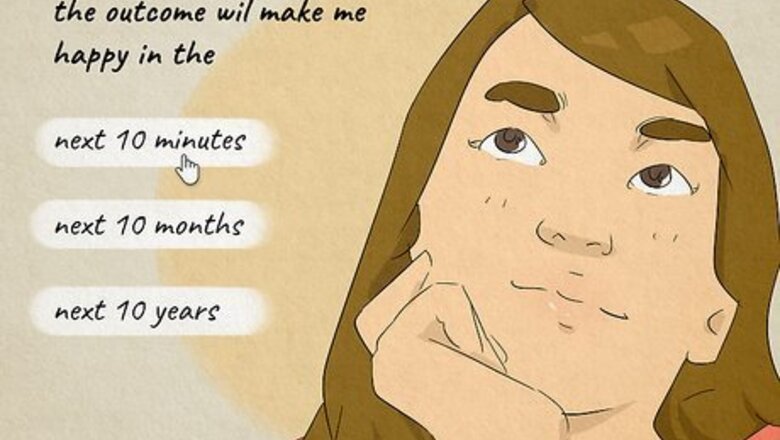
views
Use the 10-10-10 strategy for an important decision.
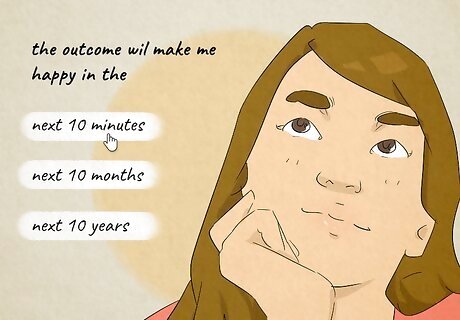
Think about the future if you're making a decision that has consequences. Not sure if you're happy with your quick decision? Give yourself a moment to consider if you'll be happy with the outcome in 10 minutes, 10 months, and 10 years. If you're making a low-consequence decision, like buying a laptop, just ask yourself if you'll be happy in 10 minutes and 10 months from now. This is a great way to give yourself permission to analyze without overthinking.
Trust your instincts to make an intuitive decision.
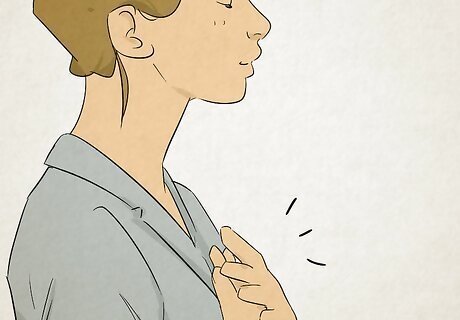
Go with your gut if you feel like one option is better than the others. You might find that you're leaning toward one solution more than the others for no reason other than you have a feeling. It's totally okay to trust yourself and run with that option! For instance, if you're trying to decide which course to enroll in, ask yourself, "Which one do I keep coming back to?"
Use the process of elimination if you've got lots of options.
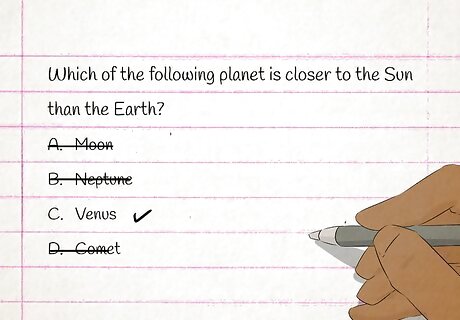
Think of all your choices and identify the one you're leaning toward. Then, compare that option with each of your other choices. Each time you mentally compare, eliminate 1 choice so you'll be left with the best option. Run through them quickly so you don't overthink possible outcomes. For example, if you're trying to quickly decide on what to do over the weekend, you might ask yourself if you'd rather go camping or see a movie. Then, ask yourself if you'd rather see a movie or go to a concert. You'll work through your options to come up with the best choice.
Use the information you've got for the fastest decision.
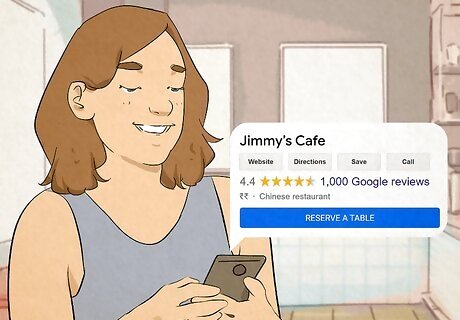
Compare your existing options instead of gathering more information. If you start researching your options, you might get overwhelmed or feel unsure about what to do. Plus, you probably don't have much time! Instead, work with what you know and go from there. For instance, if you're trying to quickly pick a restaurant to eat at, you might use the knowledge of what's nearby to make a choice instead of getting online and reading reviews for every restaurant in the city. If it's truly a quick decision, you might only have seconds or a few minutes to make a choice. Any longer than this, and you'll probably have a harder time committing to a choice.
Rely on past experiences to weigh outcomes.
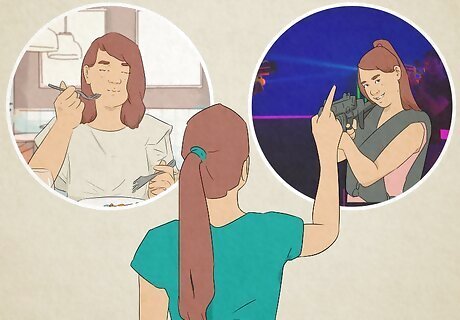
Remember if you've made a similar decision and if you liked the result. If you had to make a quick choice before and it turned out okay, you might choose a similar option. However, if things didn't work out, consider doing things differently this time to get a better outcome. For instance, if friends ask you if you'd like to hang out at a cafe or do laser tag, you can immediately reference your experience with laser tag to make a quick decision.
Outsource the decision if you value an outside opinion.
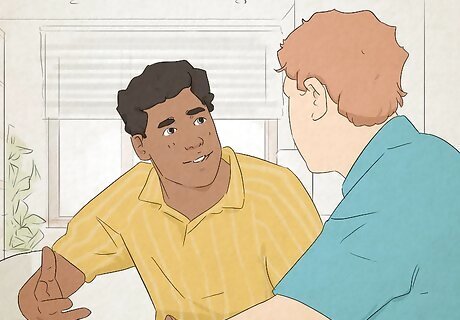
Ask someone to present you with a recommendation. If you're trying to make a low-stakes decision that has some consequences but you're too busy, ask a co-worker or your partner to come up with a recommendation. This is especially helpful if you're making a decision about something you don't know a lot about. For instance, if you're shopping for new tires and you've got a dozen options that all seem the same to you, ask the sales representative to give you 1 or 2 recommendations. Again, the stakes are low, so you just need to make a choice.
Commit to one choice so you don't overthink things.
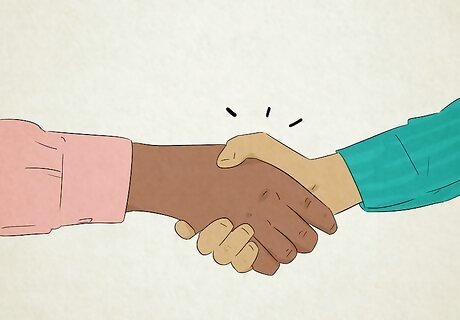
It's easy to second-guess yourself, but stick with your choice. Remember, there's not a single "right" or "wrong" decision—and once you've made your quick decision, there will always be more to make! You'll make it harder to choose if you're afraid of the outcome. Instead, it might help to think about what would happen if you did nothing. In many cases, doing something is better than nothing so don't be afraid to act! Malcolm Gladwell Malcolm Gladwell, Writer Trust your intuition. "Truly successful decision-making relies on a balance between deliberate and instinctive thinking."
Let fate decide if you're completely unsure.
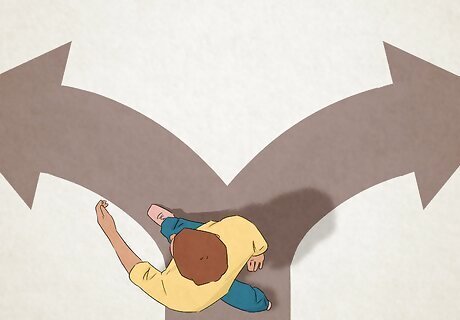
Flip a coin or randomly pick if your decision doesn't have consequences. A lot of the minor decisions we make are actually just little details that don't really impact us—what show do you want to watch? Which restaurant should you eat at? Since there aren't any "wrong" answers, don't stress with decision-making. Roll a die, flip a coin, point your finger at a map—the point is to pick something. This can take some getting used to, but you'll really save time and effort.












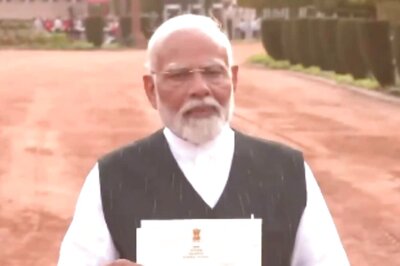



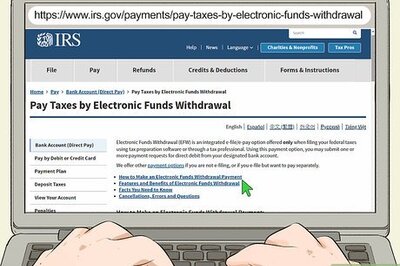



Comments
0 comment